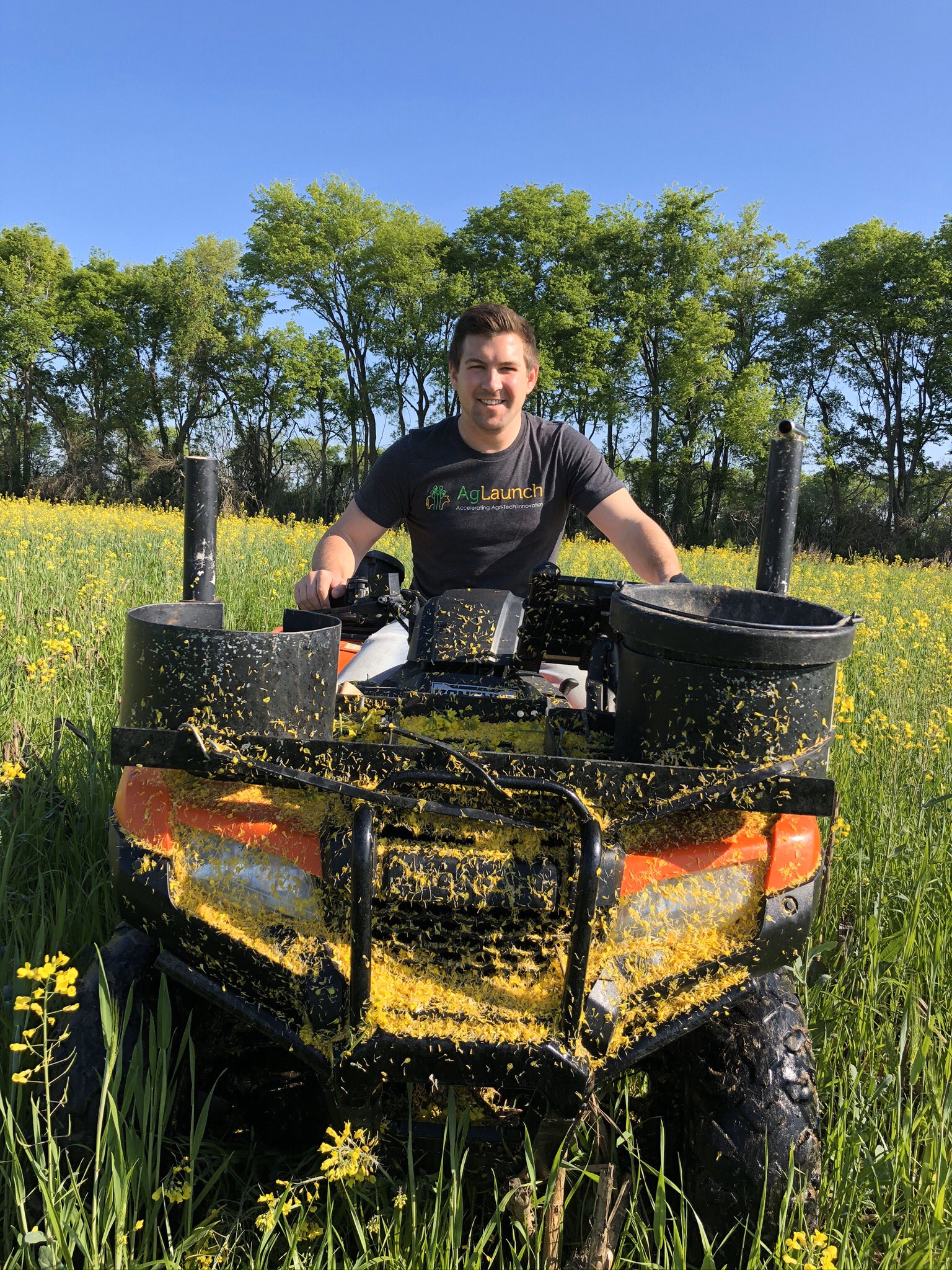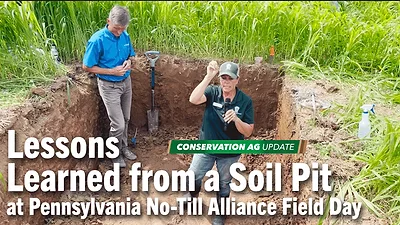Mitchell Hora thrives on the collaborative aspects of agriculture. As a farmer, agronomist and owner of Continuum Ag, a precision farming-focused consulting business in Washintgon, Iowa, this time of year, Hora is accustomed to close contact customer interaction, setting up field trials and scouting at clinics across the country.
But with the postponement or cancellation of spring events, and more stringent intra-state travel rules, Hora has had to modify his calendar to include more virtual engagement and business management.
“The business has 9 employees, spread out in Des Moines, Colorado, California and Tennessee, so we’re all accustomed to working remote and from that standpoint, it’s been more or less business as usual,” Hora says. “The biggest disruption or challenge caused by the pandemic has been to my schedule in terms of attending or speaking at events.”
The week of April 6, Hora drove to Memphis, Tenn., to participate in some pilot projects in conjunction with AgLaunch, a nonprofit organization that assists ag start-up companies through its Accelerator program. While Iowa is one of 5 states that don’t have a “safer-at-home” rule in place, Tennessee does.
“I made the trip to evaluate traditional soil sampling techniques compared to our company’s RightWay program,” he says. “While we were able to get the trials set-up, we also wanted to make sure everyone stayed safe, so I stayed in the fields and didn’t spend time with farmers. I’ll be hoping to do that now sometime this summer.”

Even if the face-to-face, in-field interactions are delayed, Hora says supply and demand for products and services hasn’t been disrupted from his perspective. He’s seeing increased interest from farmers in biological additives, starter fertilizer products and says the pandemic has increased awareness on the ag production supply chain and opportunity for companies.
Hora is also not seeing any scaling back of company participation in field research trials. “Companies we’re working with, it’s still full throttle in terms of wanting to spend some money on research, marketing and sales,” Hora says. “You hear about chemical shipments being held up in port, but I’ve not seen that translate to a product shortage or price increases. Maybe it’s coming, but for the most part, farmers have their inputs lined up already.”
Hora was on a call with a bio-stimulant supplier in Puerto Rico which had ceased production for a couple of days, and also has a new trial bio-stimulant product supposed to arrive from India, but it’s currently held up in the country.
“The thing is, those products are applied in-furrow, and we’ve had customers who are already planting, so we need those delivered for trials we’re doing,” he says. “Being smaller, start-up companies, they may not have the same protocols in place as larger organizations, so it’s taking a little longer to adjust.”
On the family’s 800-acre no-till operation, Hora says they are adjusting as well, and his father is finding comfort amid the chaos in preparing for spring planting. They are also enjoying a surplus of labor, with two of Hora’s sisters and only brother back home.
“We’ve got all kinds of help on the farm, and they’ve been out fixing terraces in the field and getting the planter ready,” Hora says. “For our business, with high school and college campuses closed, I’ve got my high school intern and summer college intern already working for me, earlier than usual, which has been nice.”





